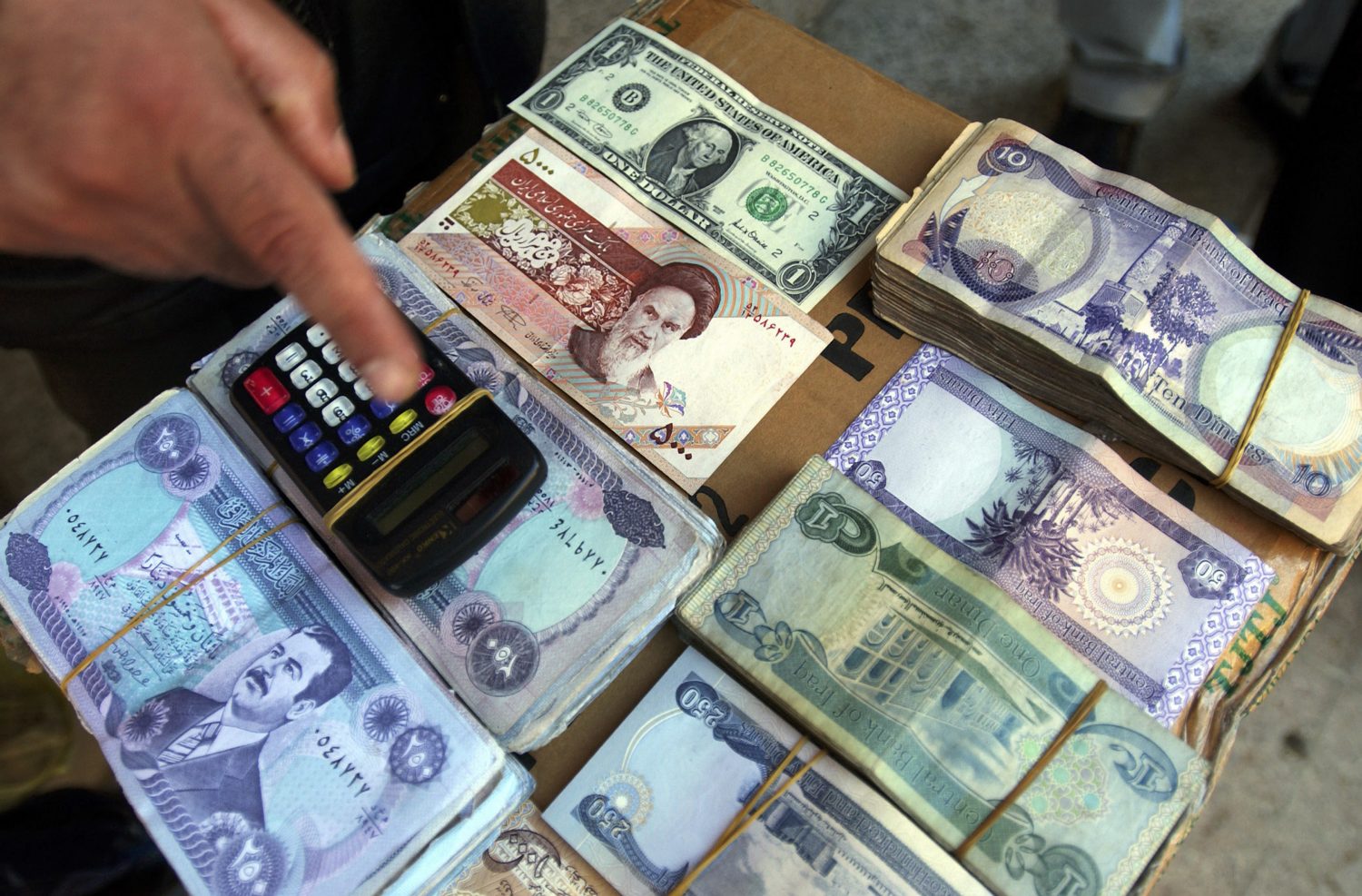
Progress in 2021: Fighting Impunity Through Sanctions and Financial Accountability
This article is part of a series of ‘In Focus’ pieces looking at some of our key achievements over the past year.
In it, REDRESS Legal Advisor Charlie Loudon showcases REDRESS’s work on our Asset Recovery Project, which aims to obtain justice and reparations for survivors of torture by sanctioning and seizing the assets of its perpetrators.
By Charlie Loudon, Legal Advisor
As part of our Reparations programme under REDRESS’s new strategy, we have focused on interlinked initiatives for ensuring that perpetrators of torture are held accountable for their actions through financial means.
Our Asset Recovery Project explores the viability of legal routes to seize assets from human rights abusers and redistribute them as reparations to their victims. The connection between grand corruption and human rights abuses is well-documented, with recent examples of powerful human rights abusers who have illicitly amassed vast amounts of wealth over the course of their rule including Muammar Gaddafi, Hissène Habré, and Omar al-Bashir. Even when redistribution of assets to victims is not possible, freezing perpetrators’ resources can prevent their use, delivering a measure of accountability for their crimes.
In line with this project, last year REDRESS developed a Framework for Financial Accountability for Torture and Other Human Rights Abuses, a tool to help identify, develop, and evaluate potential case strategies for pursuing financial accountability for torture and other serious human rights abuses. It sets out a number of models that can promote financial accountability for perpetrators of torture and other human rights abuses.
The Framework was supported by the Knowledge Platform for Security and the Rule of Law, and was developed in consultation with other NGOs specialising in corruption and international accountability, the Crown Prosecution Service, the National Crime Agency (NCA), the Metropolitan Police, the Foreign, Commonwealth and Development Office (FCDO), litigation funders, and specialist lawyers, among others.
A related form of achieving financial accountability for torturers is by imposing sanctions upon them. Human rights (Magnitsky) sanctions, which were first introduced by the UK government last year, enable States to target individuals who have committed serious violations of human rights by restricting their travel and freezing their assets.
After REDRESS submitted a dossier of evidence to the Foreign, Commonwealth & Development Office implicating various Chinese officials and entities in widespread human rights abuse perpetrated against the Uyghur population of Xinjiang, China, the UK government responded to our calls for the sanctioning of those responsible in March 2021. In a joint action taken alongside the US, EU, and Canada, they imposed sanctions on four Chinese officials and one entity.
More recently, the Free Nazanin campaign and REDRESS, supported by victims of hostage-taking in Iran, have submitted a dossier to the new UK Foreign Secretary, Liz Truss, asking her to impose Magnitsky sanctions on ten Iranian officials involved in the arbitrarily detention of foreign nationals for diplomatic leverage, otherwise known as ‘state hostage-taking’.
Photo by Jeroen Oerlemans/Panos Pictures.
